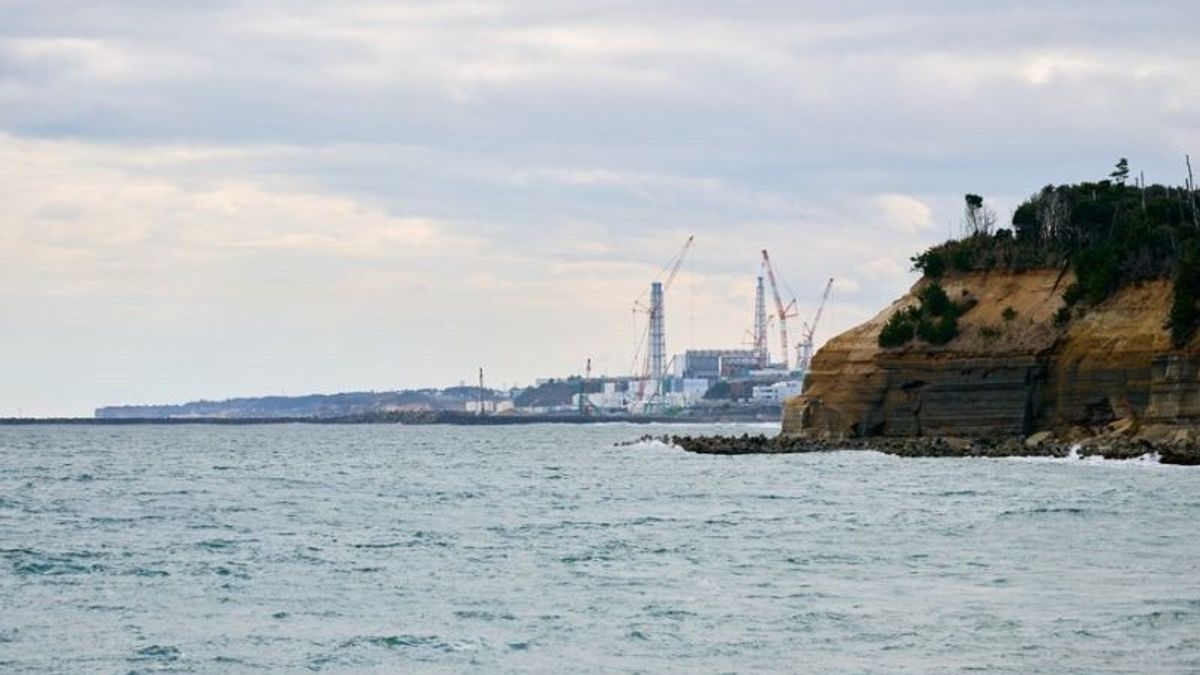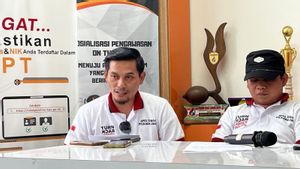JAKARTA - China has started a radiation test of blankets on imports of seafood from Japan, according to a number of sources familiar with bilateral relations between China and Japan, Tuesday (18/7).
The policy is considered a step to suppress Tokyo's plan to release radioactive water from the Fukushima nuclear power plant (PLTN) into the sea.
The measures introduced earlier this month have extended customs procedures, prompting some businesses in China not to import seafood from Japan. Japan's foreign ministry and agriculture ministry have begun discussing how to address the issue, according to sources.
Samplikasi Antara, Rabu, Tokyo bertujuan untuk mengumpah air Fukushima ke laut pada sekitar musim panas, tetapi China menentang keras rencana tersebut.
On July 7, China's customs authorities said in a statement that they would "maintain a high level of vigilance" and "take all necessary measures at the right time in accordance with the development of the situation."
The blanket test began shortly after the statement was issued, it took about two weeks for goods in the cooler to pass customs and about a month for frozen seafood. Examination of seafood radiation is only done in Japan, but not in China, the source said.
Since the 2011 Fukushima nuclear accident caused by large earthquakes and tsunamis, China has banned imported food from Fukushima and nine other Japanese prefectures.
If the water release plan begins, Beijing could further tighten food import controls from Japan.
A Japanese restaurant in Shanghai said it had no choice but to use tuna imported from Spain because imports of seafood from Japan were stopped last Thursday.
Shanghai importers told their clients they had stopped importing and shipping fresh fish from Japan on Monday (17/7). They plan to send staff overseas to look for alternative sources of procurement.
SEE ALSO:
At PLTN Fukushima Daiichi, a large amount of radioactive water has been produced in the cooling process of melted fuel debris.
The water is processed in processing facilities to eliminate most contaminants, except tritium, and stored in tanks installed on site.
However, the tank is now almost at its capacity, and a continuous buildup of water could hamper the progress of deactivating the reactor unless it is thrown into the sea.
The English, Chinese, Japanese, Arabic, and French versions are automatically generated by the AI. So there may still be inaccuracies in translating, please always see Indonesian as our main language. (system supported by DigitalSiber.id)


















